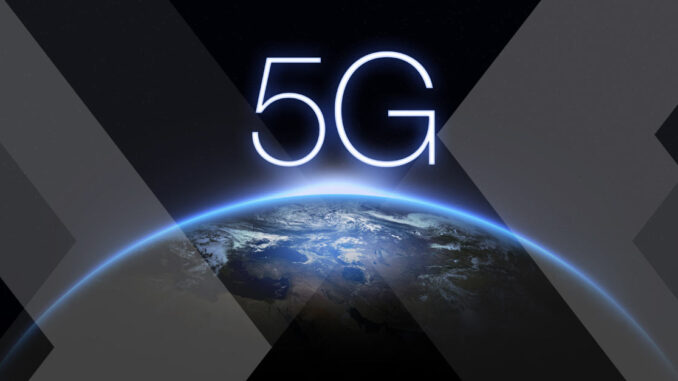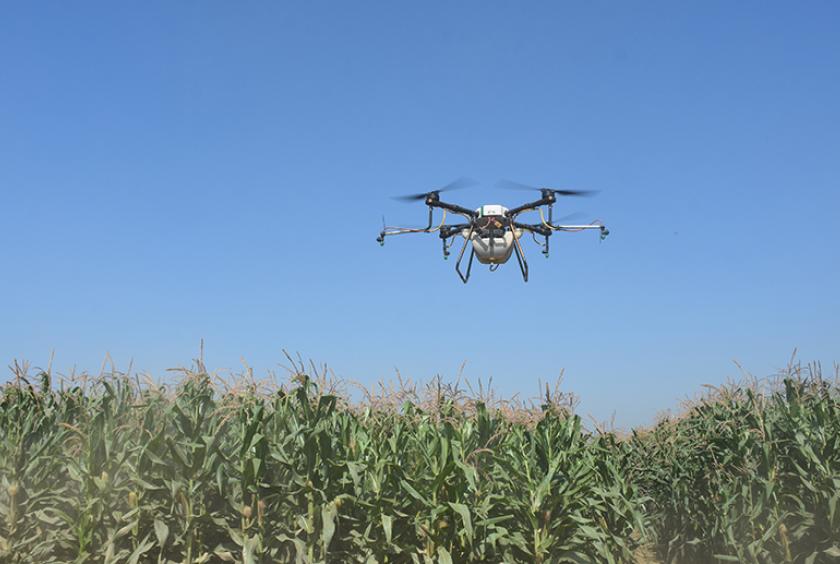
1. Lightning-Fast Speeds: One of the most significant advantages of 5G technology is its blazing-fast speed. It offers download and upload speeds that are significantly higher than those of 4G, allowing users to save time on activities like streaming, gaming, and downloading content. Studies suggest that 5G could save users about 23 hours every month in these activities.
2. Reduced Latency: 5G dramatically reduces latency, with response times dropping to less than 5 milliseconds compared to 60-98 milliseconds for 4G. This improvement is crucial for applications requiring real-time communication, such as online gaming and video conferencing.








3. Increased Capacity and Connectivity:
The technology supports a higher number of devices per square kilometer, which is essential for the growing Internet of Things (IoT). This means that more devices can connect simultaneously without degrading the network’s performance.
4. Enhanced Reliability:
5G networks are designed to be more reliable, providing consistent connectivity even in crowded areas. This reliability is vital for critical applications in sectors like healthcare and emergency services.
5. Transformative Impact on Industries:
5G is expected to revolutionize various industries by enabling new technologies and applications, such as smart cities, autonomous vehicles, and advanced telemedicine.
Challenges of 5G Network
1. Infrastructure Costs:
The deployment of 5G requires significant investment in infrastructure, including new antennas and base stations. This can be a barrier for many regions, especially in less developed areas.
2. Limited Coverage:
While 5G promises high speeds and low latency, its coverage is currently limited compared to 4G. The higher frequency bands used in 5G can struggle to penetrate buildings and cover large areas.
3. Device Compatibility:
Not all devices are compatible with 5G technology, which can lead to a fragmented user experience. Consumers may need to upgrade their devices to take full advantage of 5G.
4. Security Concerns:
With the increased connectivity and the number of devices connected to the network, there are heightened concerns about network security and potential vulnerabilities.
5. Digital Divide:
The rollout of 5G could exacerbate the digital divide, as urban areas may receive faster access before rural areas, leaving some communities behind.
In summary, while 5G technology offers remarkable advantages such as faster speeds, lower latency, and enhanced connectivity, it also faces significant challenges including high infrastructure costs, limited coverage, and security concerns. As the technology continues to evolve, addressing these challenges will be crucial for maximizing its benefits.


Leave a Reply